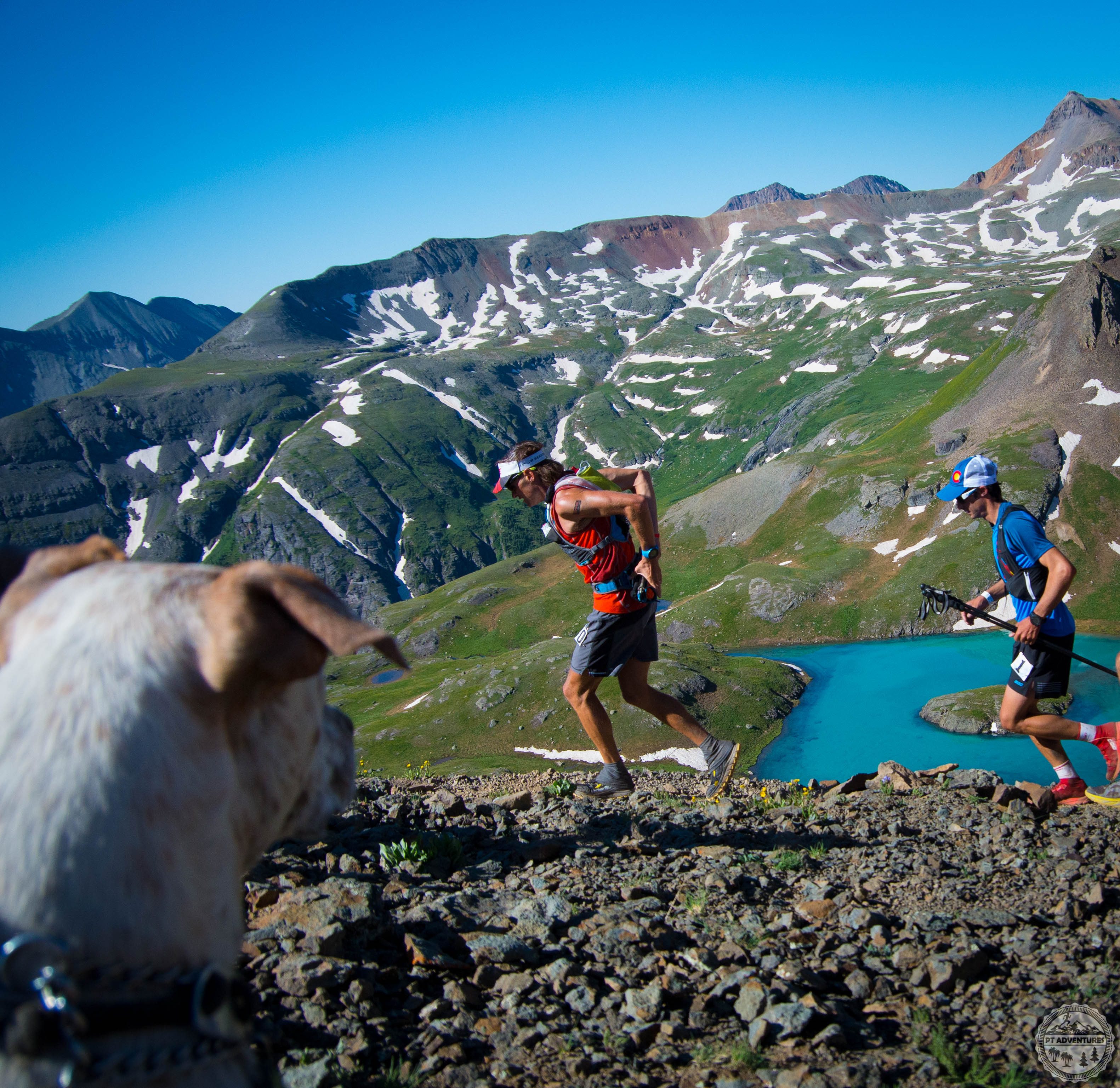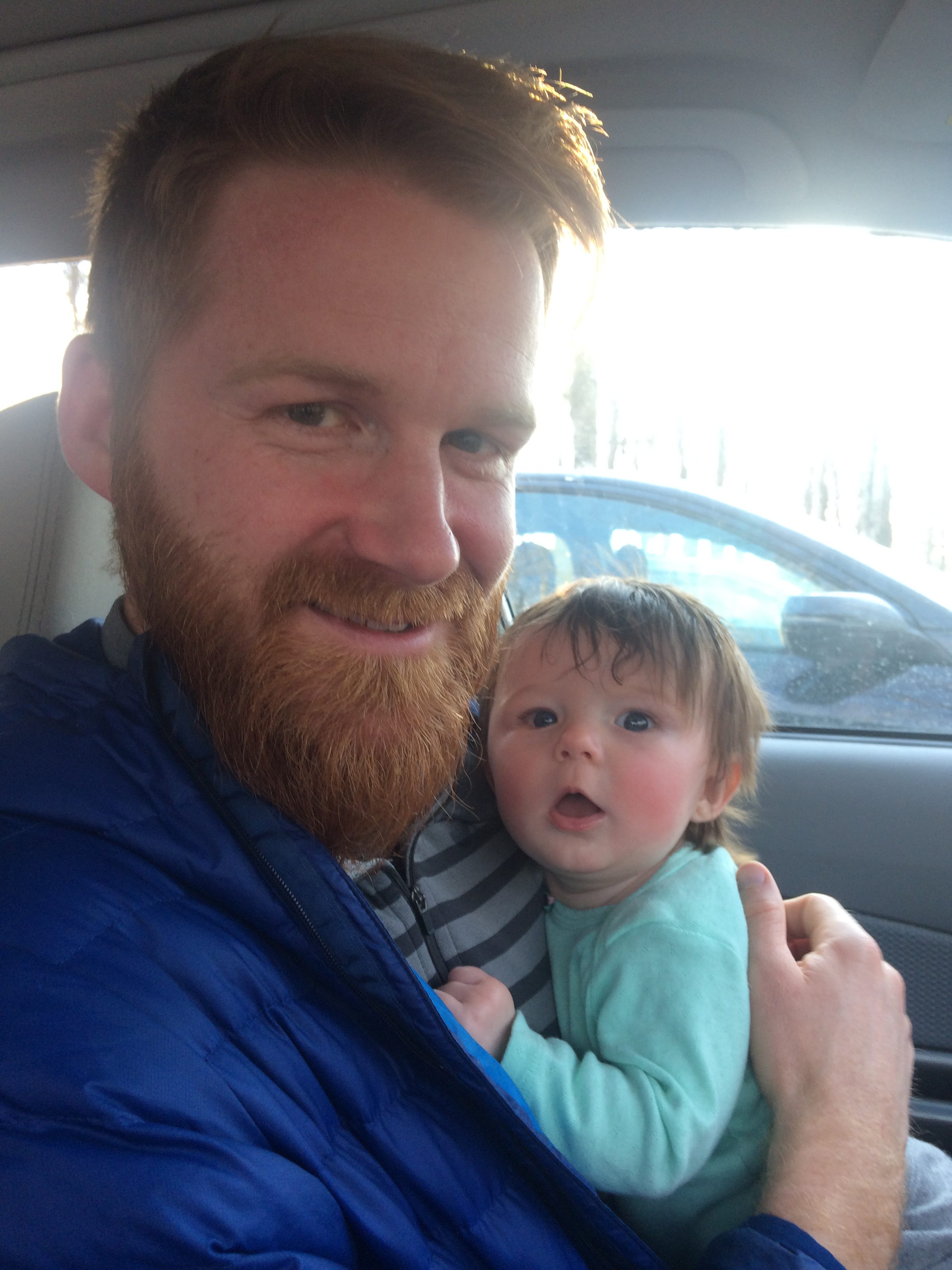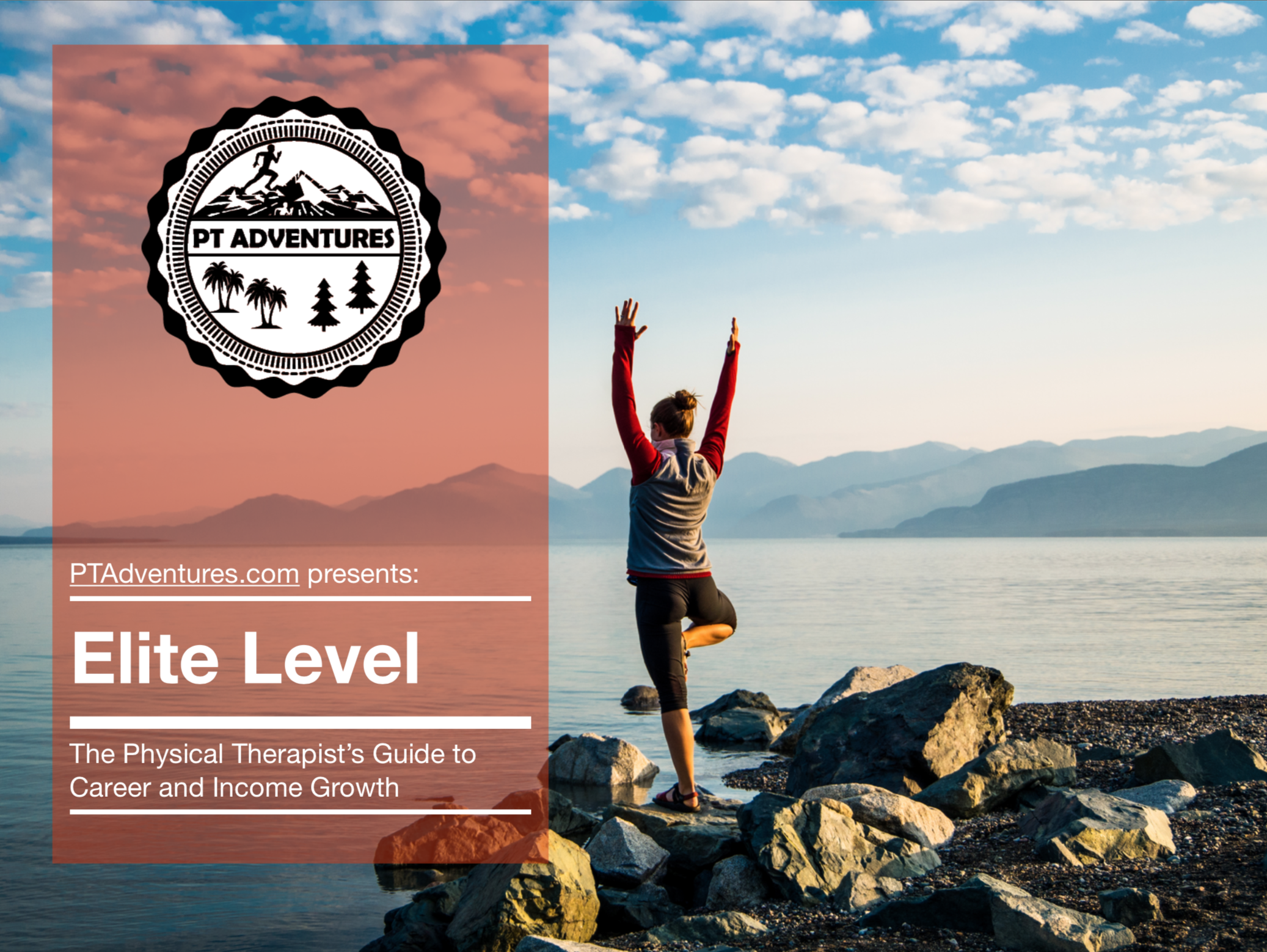Ok, hold on. Stick with me here.
I am well aware that many of you are not fond of running. For some simply the thought of lacing up the tennies for a little jog (or “yog,” Ive heard it both ways) is nauseating and vile. But ultra running is only a distant kin to what our society collectively thinks of as running.
To plod along blistering asphalt wearing what looks to be a pair of shorts stolen out of a 3rd graders hamper, a white painters hat, and sporting band-aid clad nipples, is insanity to me (sorry Dad).

Ultra running is far more aesthetic than that. Most often races are on trail where variable and undulating terrain is to be expected. Meandering ribbons of trodden earth etched across the topography of remote and too often forgotten chunks of wilderness. The sheer magnificence of the trail is often motivation enough for some runners to step to the challenge of an ultra distance event.
For those of you unfamiliar with ultra running, an ultra marathon is classified as any distance beyond the standard 26.2 of the marathon. No matter what anyone says, yes, a 50 K (31mi) counts. Common distances are 50 K, 50 Mile, 100 K, and 100 Mile, though anything in between is fair game as well. Also, the distance of the race is more of a guideline than a set benchmark. Ultra races should, in my opinion, have a little “c.” in front of the distance indicating “circa” as the actual distance covered frequently is off by 1-5 miles on either side.

So, how do you become an ultra runner? Easy.
Slow down
The first mistake all aspiring runners make is thinking that they must RUN the whole time. For some very long and complex reasons going slow is more efficient and, over the long haul, far more effective than pressing hard at the start and blowing up mid way through (I would be happy to write a post on the benefits of training slow vs fast should there be sufficient interest – comment below). It may seem counterintuitive to go slow, or even walk, for large portions of a race but even the pros are walking far more than one would think.
Another factor to take into consideration is that most of the time there is a moderate to ridiculously high amount of climbing involved in ultra races. At a certain speed/intensity/grade hiking becomes faster and less tiring than running.
I encourage newbies to enter their first ultra thinking of it as a “speed hike” more than a running race.

Enjoy the view
We only do races in beautiful places. Personally I feel that if you are going to spend 5-12 hours (or up to 48hrs in some cases) huffing and puffing your way along a race course it might as well be someplace that is inherently inspiring. Zion National Park, Bryce Canyon, and Pagosa Springs, Colorado are a few of ours, but there are amazing races all over this incredible country of ours.
Even the great Kilian Jornet lists 3 environment/scenery reasons out of his 8 tips to running further than you ever have before.
2 sites to find races in beautiful locations:
http://calendar.ultrarunning.com/
http://www.ultramarathonrunning.com/races/usa.html

Meet people
This has been the biggest and most unexpected draw to the sport for Ellen. The beauty of trail running is that while you may be running “against” the other folks out on the trail, really you are all competing against the trail its self. Ultra marathons are amazingly unifying in nature. Covering long distances as you do, different people feel stronger at different times. Ebbs and flows in energy and enthusiasm create a leap-frog effect amongst runners. Passing, being passed, and passing again as they all battle the serene beast of a trail under their feet.
Ultra runners are famously generous and encouraging. The almost tribal bond observed at the finish of an event could not be further removed from its road running counterpart. I had a personal experience in a race that you can read about HERE, which left an impression deeper than I anticipated.

Ultra running is an intriguing paradox. In one sense it is the ultimate self centered sport. A single athlete, self sufficient with water and fuel in tow, runs for hours on end on a single track trail. Conversely it binds athletes together as they muster up the strength and courage to face challenges teetering on the bounds of their physical potential. Encouraging, supporting, and sometimes simply distracting one another along the way.
I encourage all of you, no matter your running background, to give ultra running a serious consideration. Yes its far. Really far. But the rewards are exponential and the adventure will come with some great stories.
Call for comments: Are there any races you are excited to do? Any ultra-running questions? Lets hear them!
Written by: Stephen Stockhausen







Dr. Steve, I refuse to call you “big red” like Dad does. I am a proponent of ultra swimming. When you’re an old man with bad knees and a missing fibula you have to find alternatives…….The view is different in the water for sure, lots of fish and an occasional school of tarpon. Those guys are really big and curious. The best part is they won’t eat you, like bears tend to do. Last week I happened on a giant horseshoe crab, he was very cool gliding along the sand. Sometimes I swim to the rocks down the beach and hang with the tropicals. Wherever I swim I get a good upper body workout and some cardio. I use a crossover tap kick that does nothing for my legs, I still need to figure something out for that. Ultra swimming sure beats the monotony of laps in a pool even though I’ll take that when the ocean’s angry.
I love to read what you write. You have a real talent for describing your experiences.
Jay, Thanks again for reading! You all are so encouraging to us. We really appreciate your input into our lives. I dont know how you do all that swimming. Just ask Ellen, I sink like a rock! For all of the endurance work I do and past triathlons nothing seems to make up for my terrible form. Those ultra-swims sound like pretty amazing adventures as well. Watch out for sharks!